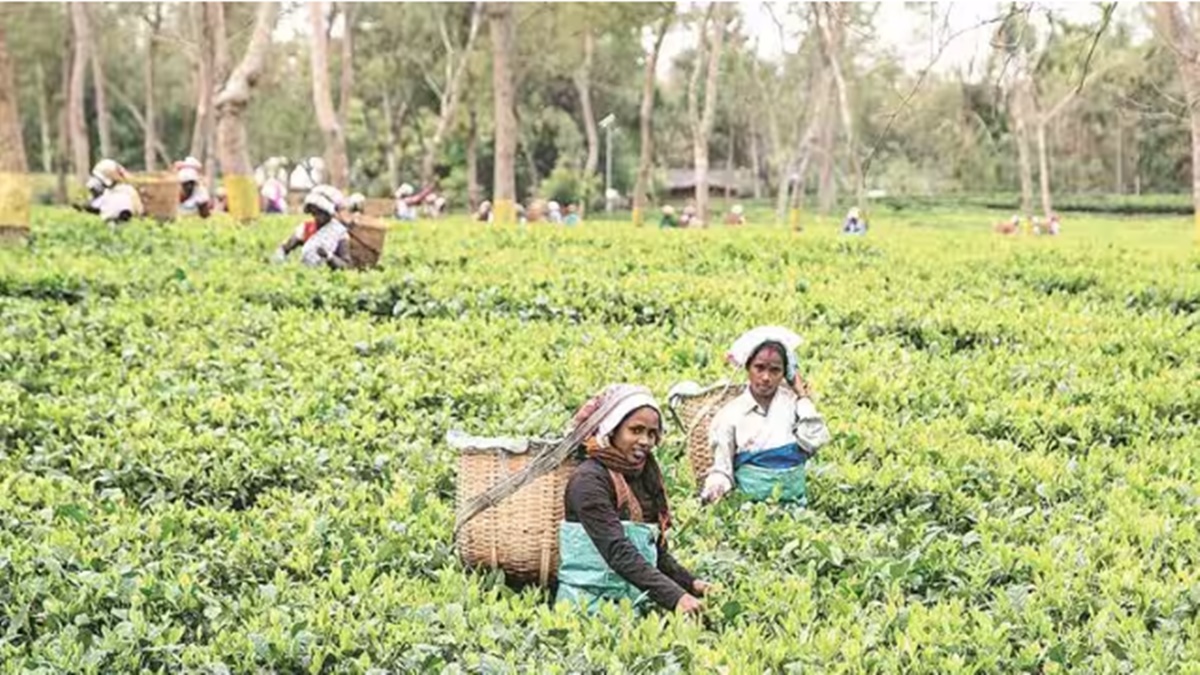After wrapping up stakeholder consultations, the department of commerce has begun inter-ministerial discussions on five Bills dealing with the plantation sector. The new legislation will will replace existing Acts governing tea, coffee, rubber, spices and tobacco.
While Tea Act, 1953 is proposed to be replaced with the Tea (Promotion and Development) Act, Rubber Act,1947 will be replaced with the Rubber (Promotion and Development) Act. The Spices Board Act will be replaced with the Spices (Promotion and Development) Act while Coffee (Promotion and Development) Act will replace Coffee Act, 1942.
After inter-ministerial consultations, Cabinet notes will be prepared for each Bill for approval before they are introduced in Parliament.
All five Bills seek to reorganise the existing boards for the five sectors into a more corporate structure. The tea, coffee, rubber and pices boards will have the positions of chief executive officer and chief financial officer.
Other members on the boards will be parliamentarians, government representatives of states with plantations, scientists, members of trade and those representing labour interests. Functions of the boards will be similar across sectors, such as promotion of industry and increasing consumption locally.
The draft Bills also list responsibilities for the boards such as promotion of exports, improving quality, bringing in new technologies, increasing production and productivity, encouraging fair and remunerative prices for growers, and protecting the interests of workers.
The Bills on spices, tea, coffee and rubber also have provisions to create a fund for promotion and development. This will be done with grants from the government and fees collected from activities such as certification or auctions. All expenditures of the boards — including salaries — will be financed from the fund. The boards will also have the power to borrow from banks or through bonds with prior government permission.
In the case of rubber, a major industrial plantation crop, the proposed Bill will give powers to the government to prohibit or control import and export. It also will empower the government to fix minimum and maximum prices of the commodity.
The Tobacco Board (Amendment) Bill will decriminalise the Act. All penalties will be made civil in nature with the provision of filing an appeal.
The government had prepared drafts of the new Bills last year and put them in the public domain for comments. Several rounds of talks were held with other ministries since then, with Niti Aayog also involved in the process. The idea is to make laws in tune with current requirements and do away with archaic provisions.
For instance, when the existing Tea Act was passed, there were export quotas for each country, which ended in 1956. Under the Coffee Act, there was a provision to pool the produce and auction it. This rule was changed long ago, but is still in the Act.
Explaining the rationale behind the proposal to repeal the Rubber Act, the draft Bill has said that in recent years, there have been widespread changes in the industrial and economic scenario, especially with development in rubber and allied sectors.
According to the draft Bill on spices, there is a need to enable the Spices Board to provide focused attention across the entire supply chain of spices.

